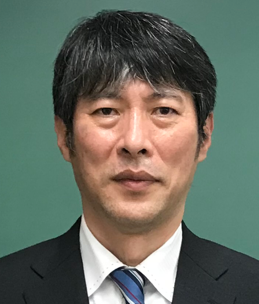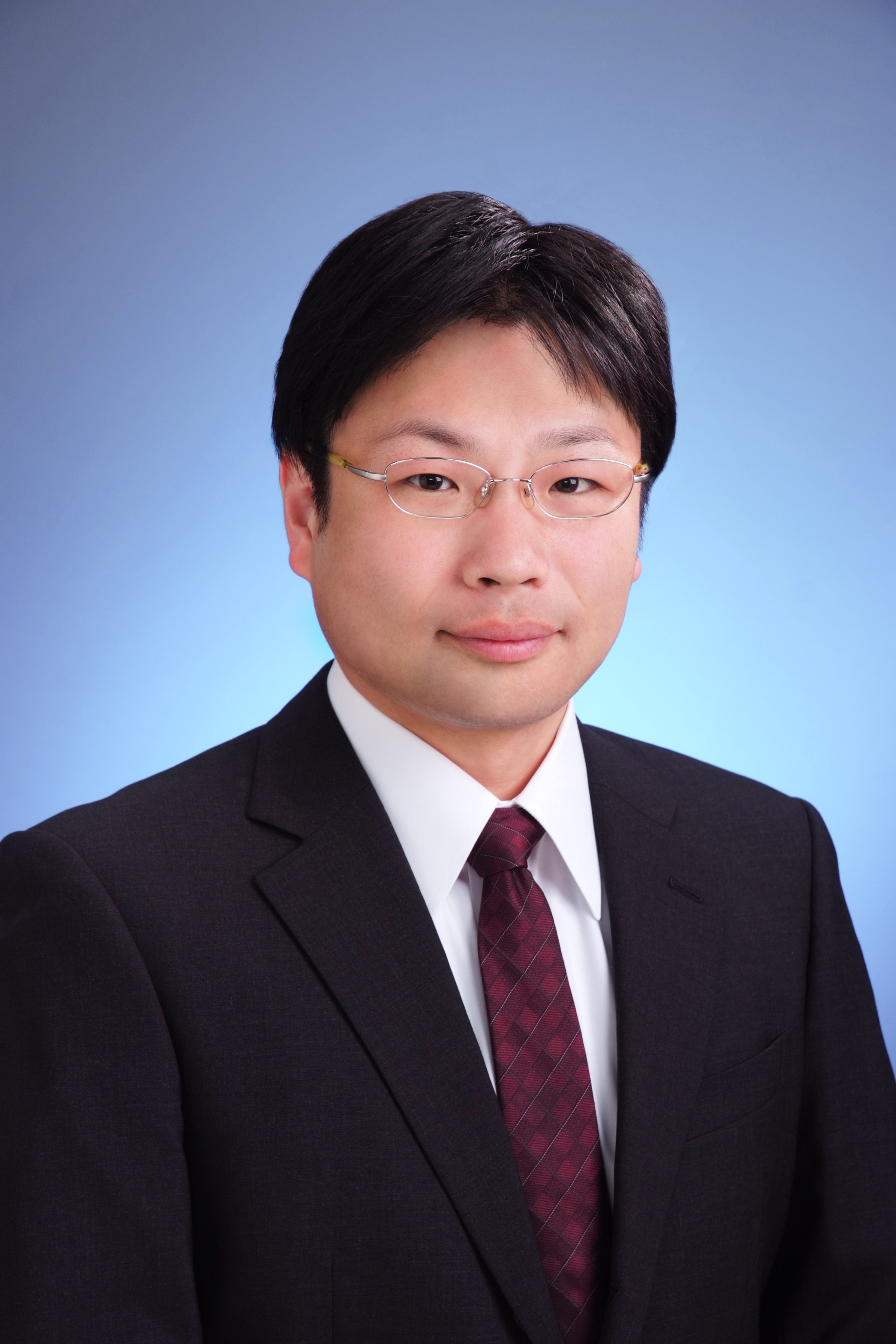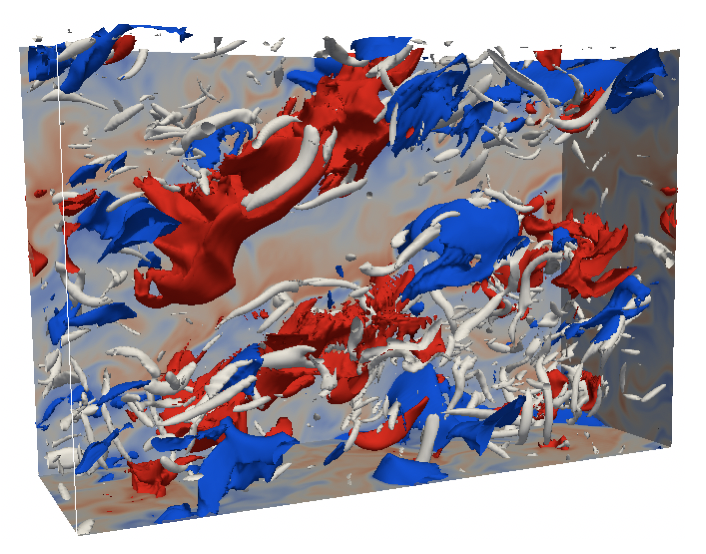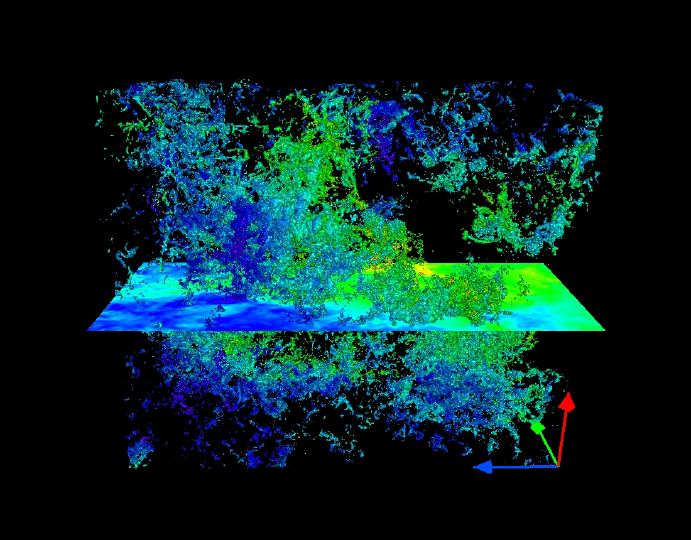Numerical Analysis of Flow Phenomena

Computational and data science of multi-scale and multi-physics complex flow phenomena using supercomputers; information reduction, extraction, and visualization of big data of complex flow phenomena by mathematical and scientific methods; collaborative research to understand complex flow phenomena in various fields such as astronomy, meteorology, environment, and engineering.
 |
|
|---|
Elucidate the universal properties of turbulence and apply them to the fields of nature, the environment, and engineering by utilizing the large-scale direct numerical calculation of turbulence using a supercomputer and the turbulence big data and knowledge obtained from it. I am working on clarifying unresolved turbulence phenomena that occur in nature, science, environments, and engineering. For this purpose, I am conducting cutting-edge research in collaboration with domestic and international researchers in various fields, making full use of new methods in fluid dynamics, computational science, mathematical science, and data science.
 |
|
|---|

Strong shear layers in high Reynolds number turbulence obtained by large-scale direct numerical simulation of turbulence.
Essential understanding of turbulent flow phenomena and improvement of turbulent models are indispensable for elucidating, predicting, and controlling complex flows related to heat and mass transport. Data-driven science is a novel approach to understanding and controlling nonlinear phenomena such as turbulence. In our laboratory, we study various challenges related to turbulent flow, called the last problem in classical physics, using data science methods such as numerical simulation, dynamical systems analysis, statistical physics, optimization, and machine learning. We will develop data-driven computing methods and build a platform of engineering applications in cooperation with scientists in other research areas and industries.

